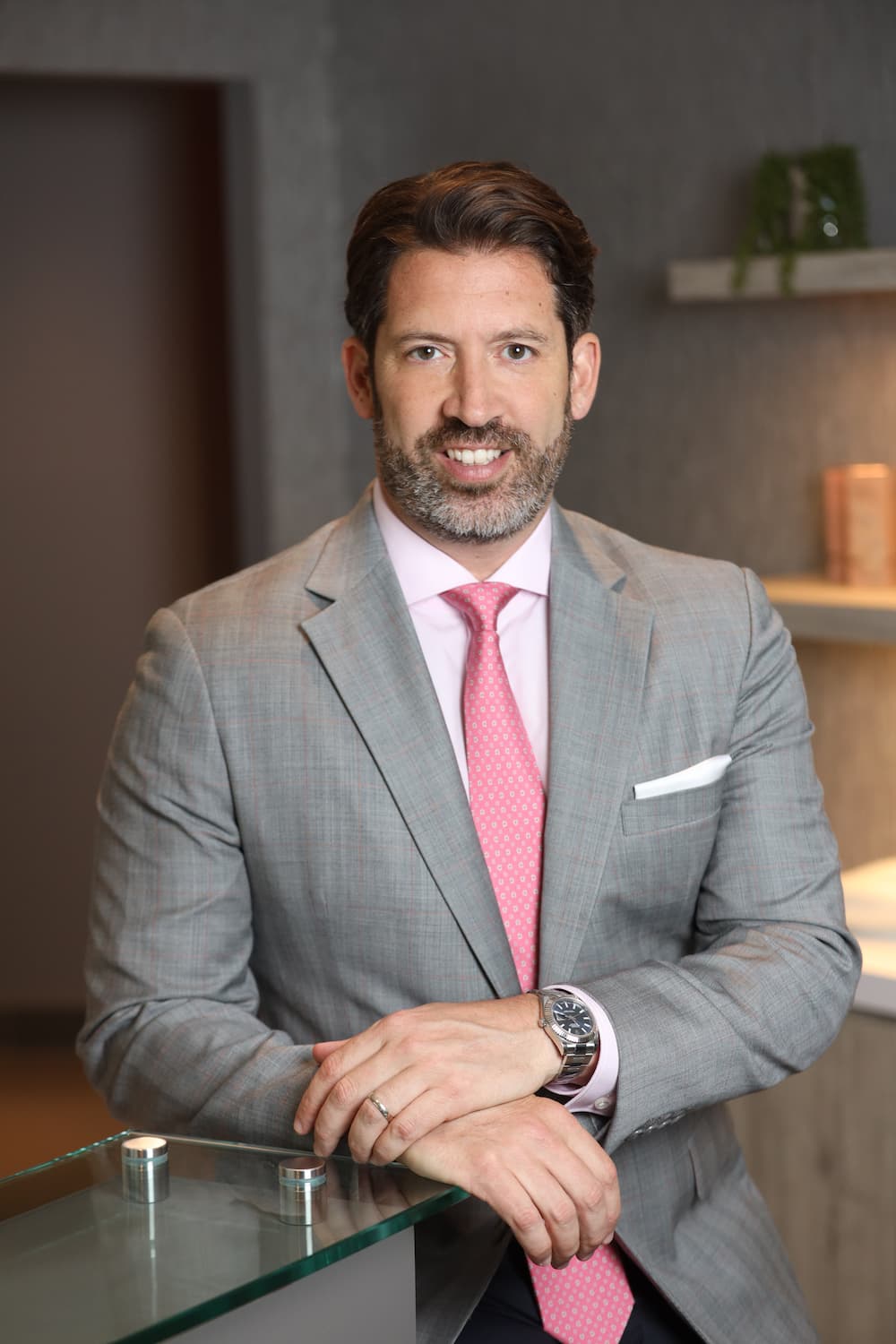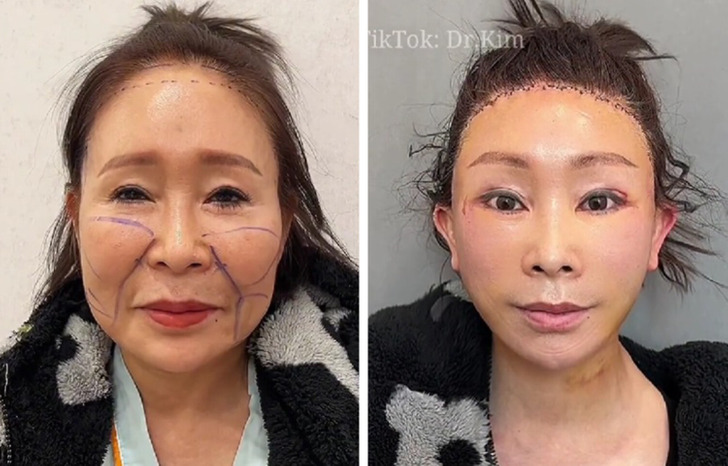Mommy Makeover Rancho Cucamonga: Recover Your Youthful Number with Specialist Procedures
Mommy Makeover Rancho Cucamonga: Recover Your Youthful Number with Specialist Procedures
Blog Article
Exploring the Emotional and Social Elements That Drive Individuals to Take Into Consideration Plastic Surgery as a way of Enhancement
The choice to seek plastic surgery typically prolongs past simple aesthetics, intertwining with emotional and social dynamics that merit complete assessment. Aspects such as self-esteem, prevalent social charm requirements, and the pervasive impact of social media merge to form specific motivations for surgical improvement. As these influences end up being progressively popular, recognizing the underlying cultural and psychological contexts is crucial. What remains to be checked out is the profound influence these variables have not just on personal identification but also on broader social standards and values surrounding charm and acceptance.
The Function of Self-confidence
Self-confidence substantially influences an individual's decision to go after plastic surgery. People with low self-esteem usually regard themselves in an unfavorable light, causing sensations of inadequacy concerning their physical appearance. This negative self-perception can drive them to seek medical interventions as a method of enhancing their self-image. The need for renovation in one's appearance is often linked to a belief that such modifications will elevate their overall self-respect and confidence.

Eventually, the function of self-worth in the decision-making process pertaining to cosmetic surgical treatment highlights the complicated interplay in between body photo, personal fulfillment, and mental health and wellness. Understanding this relationship is vital for medical care experts to ensure that clients are making informed choices rooted in practical assumptions and psychological well-being.
Societal Appeal Standards
Influenced by prevalent media portrayals and social narratives, social charm criteria play a crucial duty in forming individuals' understandings of their very own bodies. These criteria are often identified by an idealized kind of charm that stresses attributes such as youthful vigor, balance, and slimness. As these ideals are continued with numerous channels, consisting of marketing, tv, and film, individuals regularly internalize these messages, leading to discontentment with their all-natural appearance.
The implications of these societal norms prolong beyond visual preferences; they can affect self-esteem, mental wellness, and interpersonal connections. Individuals who view themselves as falling brief of these criteria may experience feelings of insufficiency, triggering a wish for cosmetic surgery as a way of attaining societal approval. This search is commonly sustained by the idea that complying with these ideals will improve not only physical appearance however also social standing and individual fulfillment.

Impact of Social Media
The influence of social beauty requirements is more amplified by the surge of social media sites systems, where curated photos and idyllic representations of beauty are ubiquitous. Users are constantly revealed to filtered and modified pictures, which often portray unattainable physical characteristics. This direct exposure grows a culture of contrast, leading individuals to assess their own appearance against these commonly unrealistic criteria.
Social network influencers and stars regularly promote aesthetic procedures, stabilizing the idea that medical enhancements are a viable ways for attaining social ideals (plastic surgery rancho cucamonga). The visibility of these enhancements can develop an understanding that undergoing plastic surgery is a common method, thereby influencing individuals to consider comparable treatments as a pathway to boosted self-confidence and social acceptance
Furthermore, the interactive nature of social networks enables prompt comments via likes and comments, additionally enhancing the wish to comply with preferred elegance criteria. Such interactions can intensify feelings of inadequacy and drive people toward cosmetic surgical procedure as a way of getting recognition. Ultimately, social networks plays an essential function in shaping perceptions of charm, which dramatically influences the decision-making procedures surrounding plastic surgery.

Social Viewpoints on Appearance
Throughout numerous cultures, assumptions of look are deeply rooted in historic, social, and economic contexts, shaping people' views on appeal and charm. In many cultures, look acts as a substantial marker of identification, affecting click reference social status, expert opportunities, and individual relationships. For instance, in some cultures, light skin is often linked with wealth and opportunity, while others might idealize darker complexion as symbols of toughness and credibility.
Additionally, conventional appeal criteria are usually perpetuated with cultural narratives, media representations, and family members influences, leading to varying perfects throughout various areas (plastic surgery rancho cucamonga). In Western cultures, the emphasis on young people and physical conditioning often drives people toward aesthetic improvement, while in particular Eastern societies, more subtle adjustments aligned with traditional aesthetics may be preferred
Globalization and the expansion of electronic media have actually even more made complex these characteristics, creating a hybridization of beauty suitables that goes beyond geographical limits. As people increasingly navigate these cultural stories, the pressure to conform to particular look standards can cause the need for plastic surgery, reflecting an intricate interaction of social values and individual ambitions. Understanding these cultural point of views is vital in addressing the motivations behind cosmetic surgical treatment considerations.
Psychological Impacts of Plastic Surgery
Numerous people looking for cosmetic surgical procedure report click experiencing profound emotional influences that can substantially alter their self-perception and emotional health - plastic surgery rancho cucamonga. The need for physical enhancement frequently originates from underlying issues such as reduced self-worth, body dysmorphic problem, or social pressures relating to appeal requirements. For some, the immediate post-operative stage can result in a short-lived boost in self-esteem and contentment with their look, fostering a feeling of empowerment
Nevertheless, these favorable feelings might not be enduring. Research suggests that while some people experience enhanced self-confidence, others may face increased anxiousness or clinical depression if their assumptions are not fulfilled. This inconsistency can develop from unrealistic ideals bolstered by media representation and cultural stories bordering appeal.
Additionally, the mental ramifications of cosmetic surgical treatment prolong past the person. Relationships with friends and family might be stressed as social characteristics shift, resulting in sensations of isolation or alienation. Eventually, the psychological influences of cosmetic surgical treatment are diverse and complicated, needing careful consideration by both possible people and medical care carriers to make certain educated decision-making and realistic assumptions.
Final Thought
In verdict, the choice to go after plastic surgery is significantly affected by a combination of self-esteem problems, societal charm standards, and social viewpoints on appearance. The prevalent reach of social networks additionally exacerbates these pressures, advertising impractical perfects that individuals commonly strive to achieve. Recognizing these emotional and social elements is necessary for resolving the motivations behind plastic surgery, highlighting the need for a much more nuanced conversation surrounding beauty and self-acceptance in contemporary society.
The choice to go after cosmetic surgery frequently extends past plain aesthetics, linking with social and mental dynamics that warrant complete evaluation. Eventually, social media plays an essential duty in shaping assumptions of appeal, which useful link substantially impacts the decision-making procedures surrounding cosmetic surgical procedure.
As people progressively browse these cultural narratives, the pressure to conform to details appearance criteria can lead to the desire for cosmetic surgery, mirroring a complex interaction of cultural worths and individual ambitions.In final thought, the choice to go after cosmetic surgical treatment is substantially affected by a mix of self-worth problems, social appeal criteria, and cultural viewpoints on appearance. Comprehending these psychological and social elements is important for attending to the motivations behind cosmetic surgery, highlighting the need for an extra nuanced conversation surrounding charm and self-acceptance in contemporary culture.
Report this page